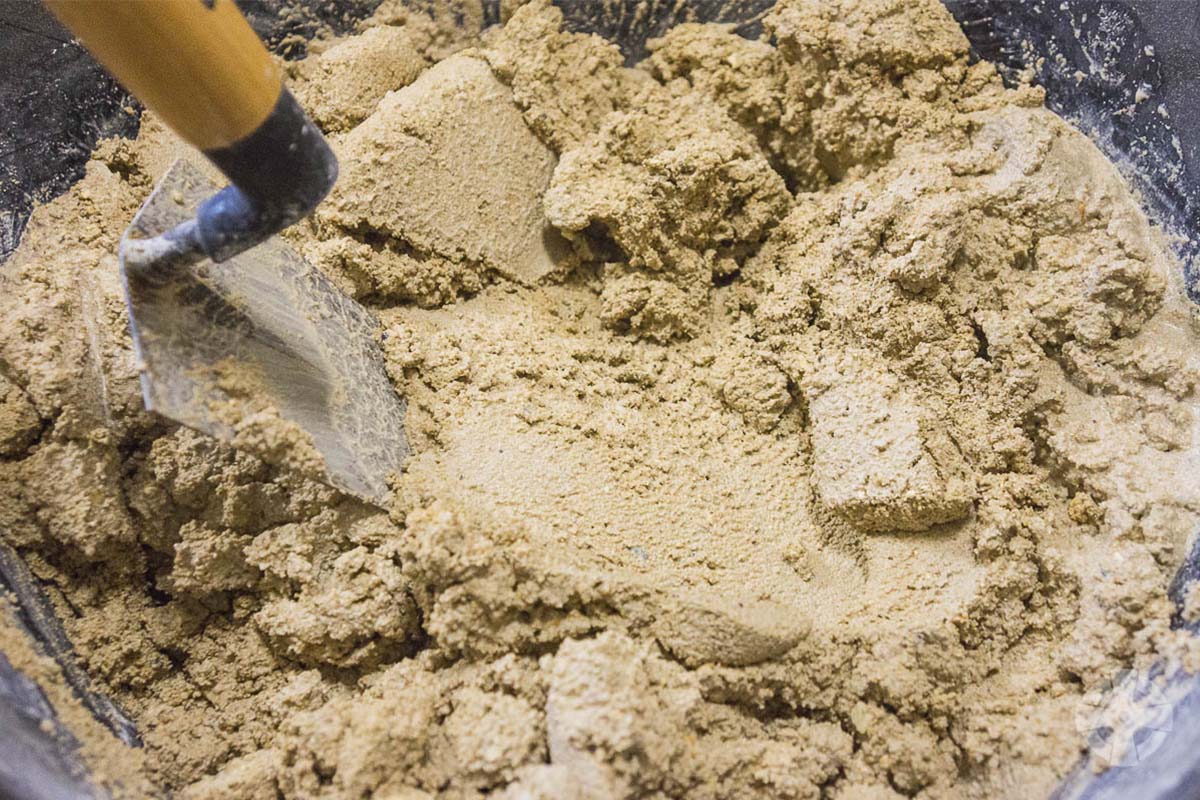Lime mortar is a popular choice for pointing due to its durability, breathability, and flexibility. However, choosing the right type of lime mortar for your project can be a daunting task. In this article, we will discuss the different types of lime mortar and their properties to help you make an informed decision.
Types of Lime Mortar:
- Hydraulic Lime Mortar: This type of lime mortar is made by adding hydraulic lime to sand and water. It sets through a chemical reaction with water and is suitable for use in damp conditions. It is commonly used for pointing in areas with high moisture levels, such as basements and cellars.
- Non-Hydraulic Lime Mortar: This type of lime mortar is made by mixing lime putty with sand and water. It sets through a process of carbonation, where the lime absorbs carbon dioxide from the air. It is suitable for use in dry conditions and is commonly used for pointing historic buildings.
- Natural Hydraulic Lime Mortar: This type of lime mortar is a combination of hydraulic and non-hydraulic lime. It is suitable for use in both damp and dry conditions and is commonly used for pointing in areas with moderate moisture levels.
Factors to Consider:
- Building Type: The type of building you are working on will determine the type of lime mortar you should use. For example, historic buildings require non-hydraulic lime mortar to maintain their authenticity.
- Moisture Levels: The moisture levels in the area you are working on will also determine the type of lime mortar you should use. If the area is damp, hydraulic lime mortar is the best choice.
- Climate: The climate in your area will also affect the type of lime mortar you should use. If you live in an area with high rainfall, hydraulic lime mortar is the best choice.
Conclusion:
Choosing the right lime mortar for pointing is crucial for the longevity and durability of your project. By considering the building type, moisture levels, and climate, you can make an informed decision on the type of lime mortar to use. Remember, using the wrong type of lime mortar can lead to structural damage and costly repairs.

